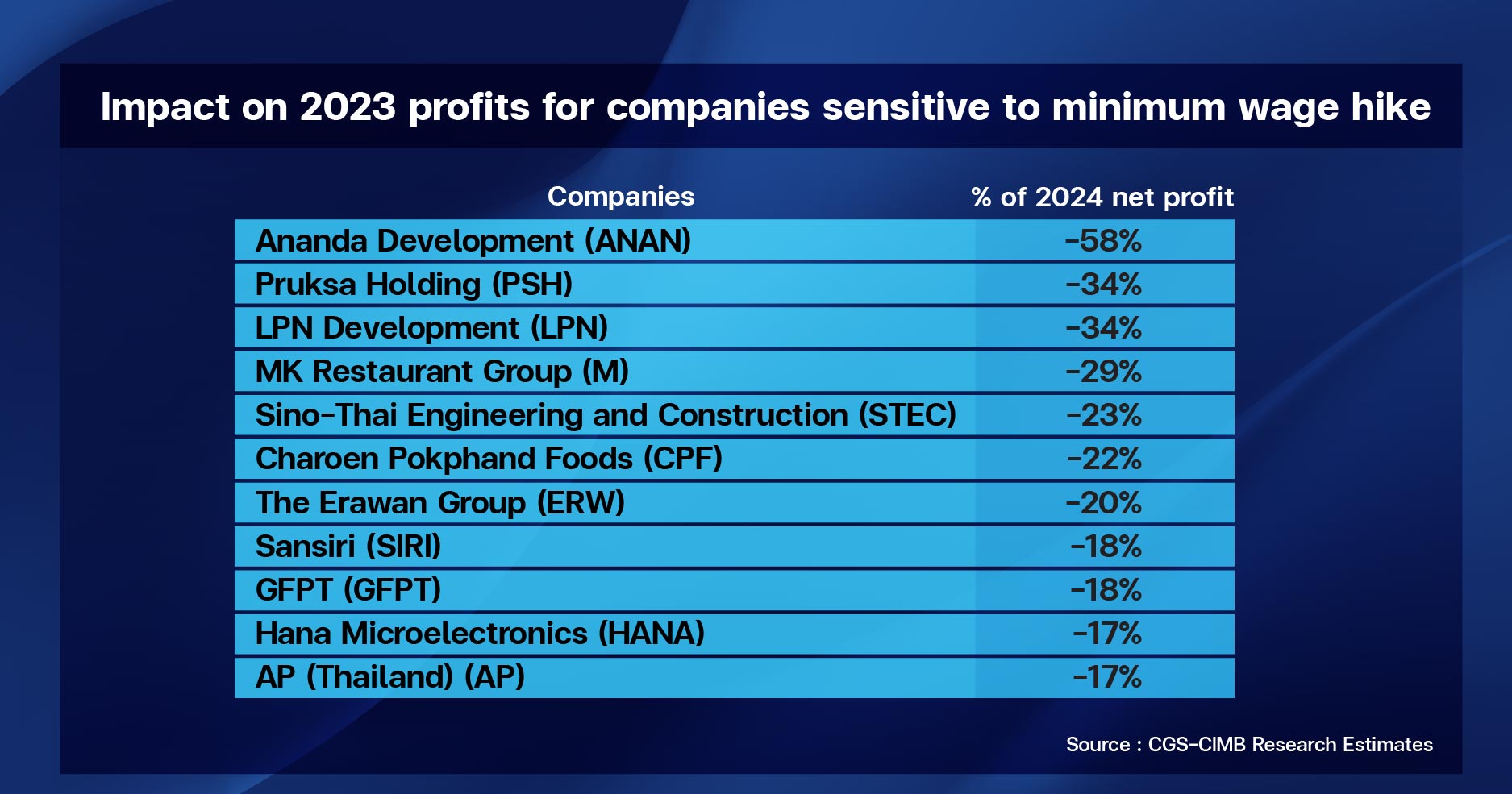Despite having won the most seats in the lower house following Sunday’s general election, many people are still uncertain whether the Move Forward party can form the government due to the 250 military-backed senators whose votes can sway the choice of prime minister under parliamentary rules written by the junta after its 2014 coup.
Move Forward’s leader Pita Limjaroenrat (42) pledged on Monday that, with the victorious of 151 of the 500 contested seats in general election, its party will lead the formation of the coalition government with Pheu Thai, Thai Sang Thai, Prachachart, Thai Liberal Party, and Thai Fair Party. Combined with 6 parties, the Move Forward coalition would control 309 seats. However, it needs at least 67 senate votes out of 250 senators for the MFP’s leader to become the new prime minister.
That leaves everyone wondering whether the 250 senators backed by the military will support Pita’s selection as prime minister, or going against the intentions of the more than 25 million people who voted for the pro-democracy groups.
The focus of this article is to gather the opinions of analysts on the future of the Thai stock market following the election, with an emphasis on who stands to benefit from the policies of the new government and who will be impacted, assuming that the MFP serves as the dominant party in government.
Minimum Daily Wage Hike
With campaign promises of raising the minimum wage by 27-37% to THB450/day by 2024, CGS-CIMB Securities predicts that industries that rely on cheap labor, such as construction, real estate, retail, hotels, agriculture, electronics, and food and beverage, will be hit the hardest. Asia Plus Securities, meanwhile, expects that the hospitality and food service industries are unlikely to benefit from this, whereas retailers ought to make a profit.

Reforming Monopolized Sectors
The MFP promised the new government would reform several sectors that are now monopolized by large corporations. CGS-CIMB said that this promise has given rise to investor concerns about the potential impact on such sectors, namely electricity generation (GULF and BGRIM), retail (CPALL and MAKRO), telecom (TRUE), and beverages (ThaiBev).
Meanwhile, Bloomberg has come up with a list of 8 sectors to keep an eye on if the coalition parties deliver on their promises of cash handouts, increases in minimum wages, and allowances for pensioners and the elderly. These sectors include tourism, consumer staples, retail, cement and home-furnishings, cannabis, power producers, fuel retailers, and politically-linked businesses.
Given the political uncertainties, CGS-CIMB forecasts the Thai stock market will continue to move sideways over the next couple of months. Analysts see the current weakening as a favorable buying opportunity and retain its 1,720 SET Index target by the end of 2023 assuming the MFP fails to form a government but the Pheu Thai Party does. The implementation of the MFP government’s higher minimum wage policy and the unwinding of monopolized businesses provide downside risks, while new government stimulus measures pose upside potential.





